What Do I Do at One-Forty?
One of the most common questions I get in Taiwan is, “What do you do?”
This post is my attempt to explain what exactly it is that I do here. Hopefully, it will not only help others understand but also help me clarify my own thoughts about what I aim to accomplish at One-Forty — all in alignment with the organization’s mission to make “every migrant’s journey worthy and inspiring.”
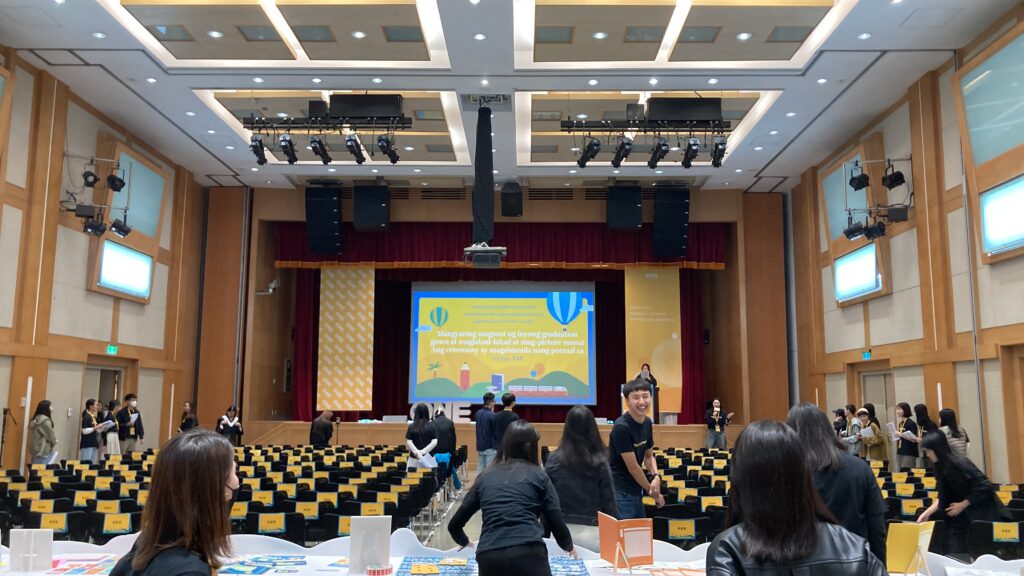
Who Are Our Target Populations?
This is a harder question to answer than I expected. On paper, my job is to nurture One-Forty’s Indonesian alumni community. But when most people hear the phrase alumni community, they think of returnees — migrant workers who’ve completed their migration cycles and returned to Indonesia.
In reality, One-Forty’s alumni community is far more complex.
Alumni Still in Taiwan
Most of One-Forty’s alumni are still in Taiwan, working as migrant workers. They include caregivers, industrial workers, and domestic helpers who’ve taken One-Forty’s courses (online or offline) for at least three months. Some learners have attended classes for over a year, balancing full-time jobs with their studies.
The offline course runs once a month on Sundays, a day that many migrants use as their only day off. Legally, they’re entitled to one day off per week, but the reality depends on their employer’s needs. For example, caregivers who look after elderly employers often find it hard to step away from their duties, as their work happens where they live.
For those who attend, the classes are a chance to reconnect with themselves — to take a break from the constant demands of work and focus on their futures.
Returnees in Indonesia
Then, there’s the alumni community in Indonesia — those who’ve returned home after their time abroad. They’re scattered across Java and other islands like Sumatra (mainly Lampung), Bali, Lombok, and Sumbawa. Most alumni are from Java, but Java itself is massive. To put it into perspective, Java is slightly larger than England, but the transportation network is far less developed. Driving from Merak (the westernmost point) to Banyuwangi (the easternmost point) takes 16–18 hours via toll roads — or 24–30 hours on non-toll routes.
The only way we can stay connected with returnees is through social media. We have a shared Facebook group and WhatsApp groups for alumni, organized by their provinces of origin. However, not everyone in these groups lives in Indonesia. Some returnees are preparing for new migration contracts abroad, while others are living in Indonesia temporarily before planning their next move.
Those in “Liminal States”
This brings me to another important group: alumni living in what I think of as liminal states. These are people who are not quite settled anywhere — caught between their past, present, and future.
- Some are returnees awaiting new contracts to migrate abroad again, often to achieve financial goals like paying off a mortgage or funding a sibling’s education.
- Others are still in Taiwan but planning their eventual return to Indonesia, hoping to reunite with their families and start businesses or new livelihoods.
- A small number want to settle in Taiwan permanently, often because they’ve married Taiwanese partners or feel more at home here. However, the lack of clear settlement pathways for blue-collar migrants makes this especially challenging.
From the surveys and focus groups I’ve conducted, I’ve learned that over 75% of One-Forty’s alumni live in these transitional spaces. Migration, as a process, is rarely straightforward. It’s a balancing act between financial needs, family responsibilities, and personal aspirations.
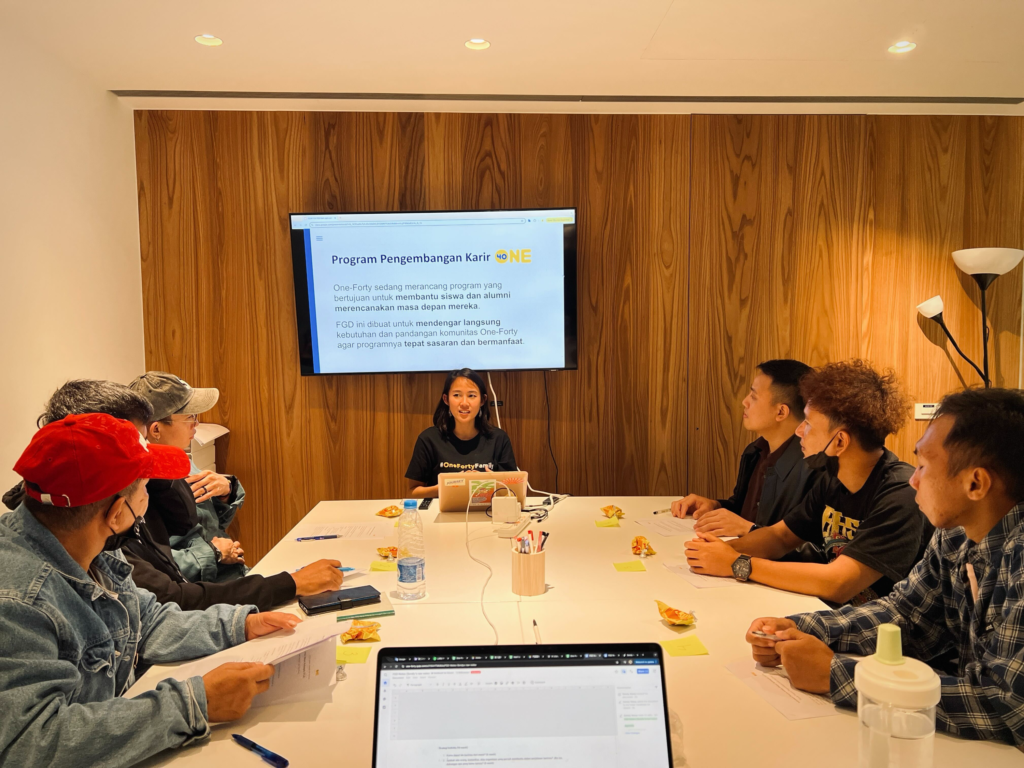
Intersectional Identities
Beyond where they live or work, One-Forty’s alumni bring diverse identities, shaped by their gender, age, education, and labour type.
Key Demographics
- Gender: 90% of our alumni are women, most of whom work as caregivers. Men, though a smaller percentage, are more likely to work in industrial sectors.
- Age: Alumni are mostly in their 30s (49%) and 40s (35.7%), with some younger participants in their 20s and a few over 50.
- Family Responsibilities: Over 50% of alumni have 2–3 dependents, and 23.8% have 4–5. These responsibilities shape their goals and priorities.
Challenges by Gender
Through focus groups, I’ve learned that women face unique challenges. Many experience intense pressure to remit money to their families, leaving little room to save or invest for themselves. Financial literacy — particularly around digital transactions and investments — is lower among women compared to men.
Male alumni, on the other hand, tend to have stronger financial networks and experience with salaried work, which is tied to societal expectations for men to be providers.
Education and Aspirations
Younger migrants (in their 20s) often focus on education, pursuing equivalency programs or online university degrees. Older migrants (40s and above) lean toward entrepreneurship, with many exploring small-scale businesses in agriculture or retail.
Despite their differences, many alumni share similar questions: What’s next? What does the future hold for someone like me, with my experience and skills?
What Are One-Forty’s Programs?
My role at One-Forty is to help alumni navigate these questions and take tangible steps toward their goals. Think of it as career counseling for adult learners who are also the financial backbone of their households.
1. Webinars
Starting in 2025, we’ll hold biweekly webinars featuring:
- Alumni who’ve successfully built businesses or new careers.
- Experts in fields like agriculture, education, or digital marketing.
- Representatives from Indonesian organizations who can share resources for managing remittances or creating jobs.
2. Workshops in Taiwan
Once a month, I’ll run in-person workshops focused on career transitions, retirement planning, or business development. These workshops will include one-on-one counseling sessions for personalized guidance.
3. Online Mentorship
For returnees in Indonesia, I’ll set up a Calendly schedule for virtual mentorship sessions. If I can’t provide answers, I’ll connect alumni with the right resources or contacts.
4. Interest-Based Clubs
We’ll create school-like clubs for alumni to collaborate and learn together. For example:
- A Mandarin Club for those preparing for the TOCFL exam or improving day-to-day language skills.
- Business networking groups for aspiring entrepreneurs.
5. Partnerships in Indonesia
In January 2025, I’ll visit Indonesia to meet potential partners, including NGOs, private businesses, and public sector workers. The goal is to establish an Indonesian branch of One-Forty, run by returnee alumni for returnee alumni.
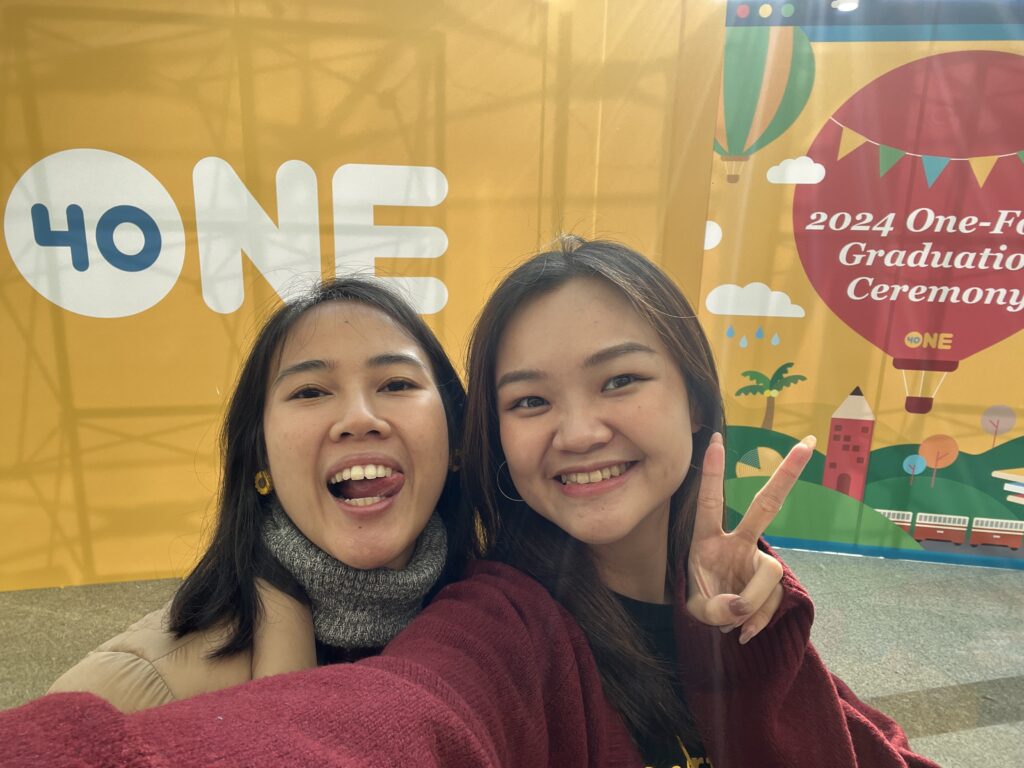
This work wouldn’t be possible without the incredible support and guidance I’ve received along the way. I want to thank my advisor, Jacquie Kay from Sun Walking Group/Labs, whose mentorship has shaped how I approach this role with both thoughtfulness and care. I’m also deeply grateful to my team at One-Forty, especially my boss Annie, who has believed in me from the start and continually encourages me to push boundaries and explore new possibilities.
Working at One-Forty is about more than running workshops or webinars. It’s about understanding the realities of migration — the hopes, sacrifices, and uncertainties that shape every decision.
I hope this post gives you a glimpse into what I do and why it matters. If you have any thoughts, suggestions, or ideas, I’d love to hear from you. Feel free to reach out to me here.
Discover more from Elhana S.
Subscribe to get the latest posts sent to your email.
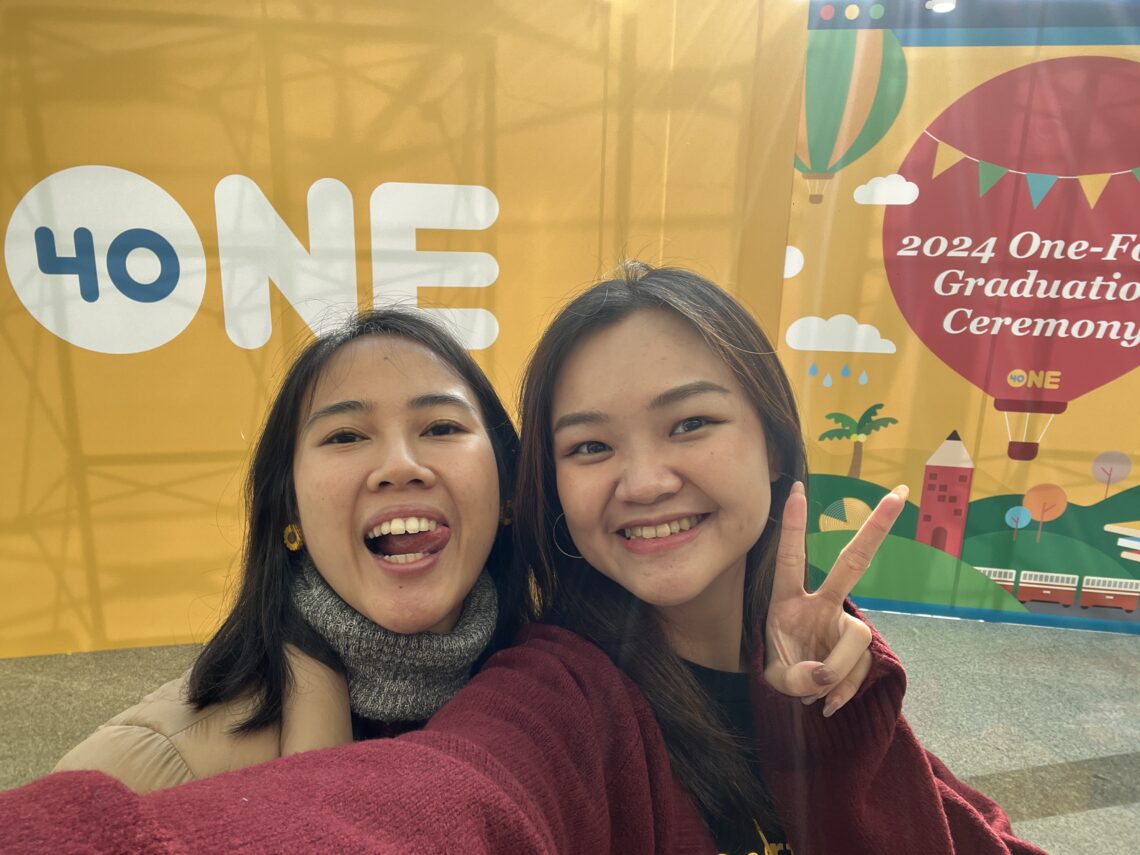
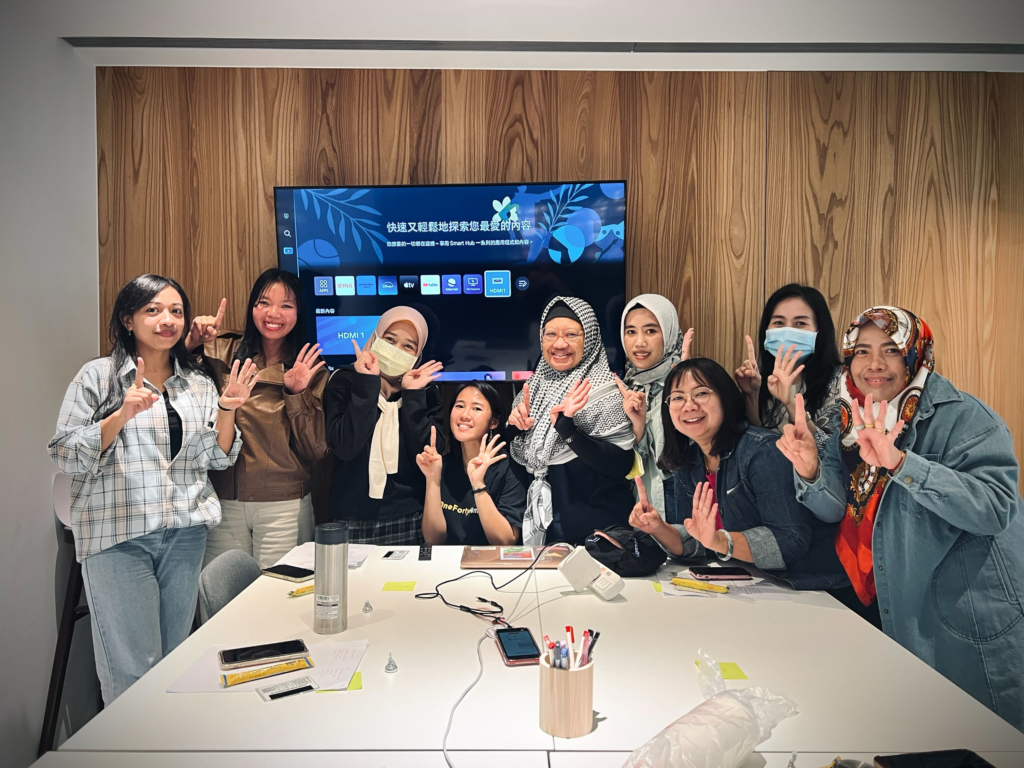


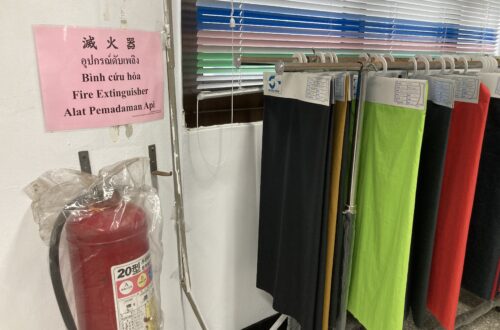

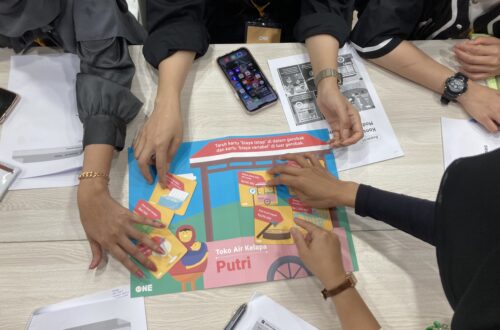
Interesting work!
Good https://is.gd/tpjNyL
Good https://is.gd/tpjNyL
Jili333login time! Gonna get my daily dose of slots in. Always hoping for a big win! Just login here: jili333login
92brlbet is not the worst but it’s nothing special. I was missing a lot of my favourite games. It might work for you! Give it a try at 92brlbet
Alright, folks, finally checked out x89app! It’s got a decent selection, but could use some more variety, yeah? Give x89app a look see.
So, I gave 567jililogin a shot. No complaints about the login process. It works as expected! Worth a peek 567jililogin.
Alright, I’ll admit, I was skeptical about 17mex at first. But they’ve got a really good selection of progressive jackpot slots. I’m chasing that big win! Give it a shot, maybe you’ll get lucky: 17mex
6666betvip’s interface is super clean and easy to use. Makes finding your favorite games a breeze. Plus, their sign up bonuses are very generous. Definitely worth checking out: 6666betvip
Betanocomlogin gets you right where you need to be fast! No messing around just login quickly and get to those wins. Check them out at betanocomlogin